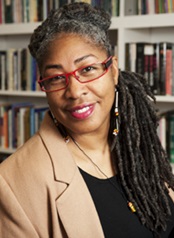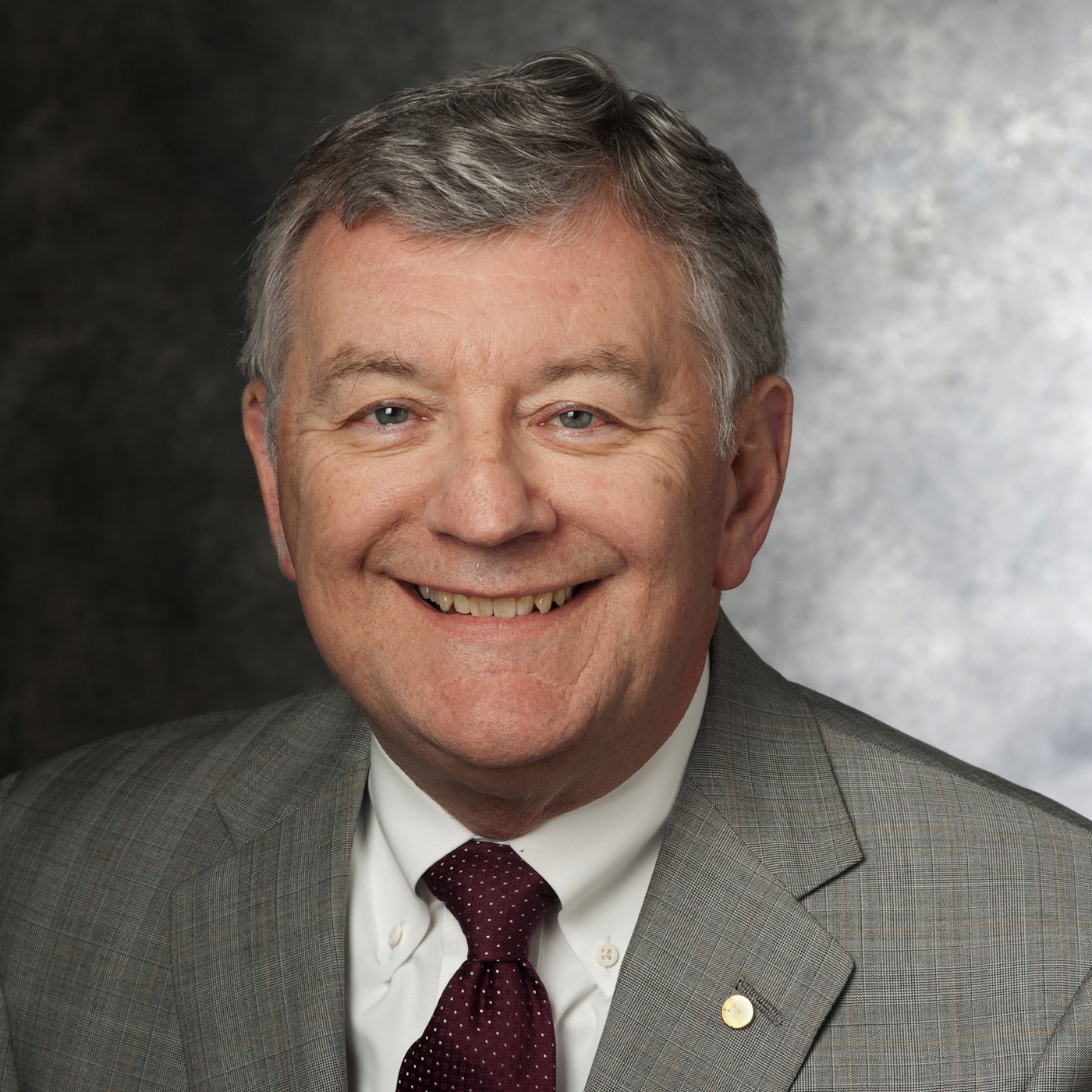SMU scholars remember extraordinary life of freedom fighter and humanitarian Nelson Mandela
SMU scholars on the extraordinary life of freedom fighter and humanitarian Nelson Mandela.
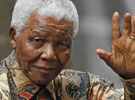
DALLAS (SMU) — As world leaders commemorated the remarkable life of Nelson Mandela (1918-2013) at Tuesday’s state memorial service, SMU scholars of history, human rights and theology offered their unique perspectives on his legacy.
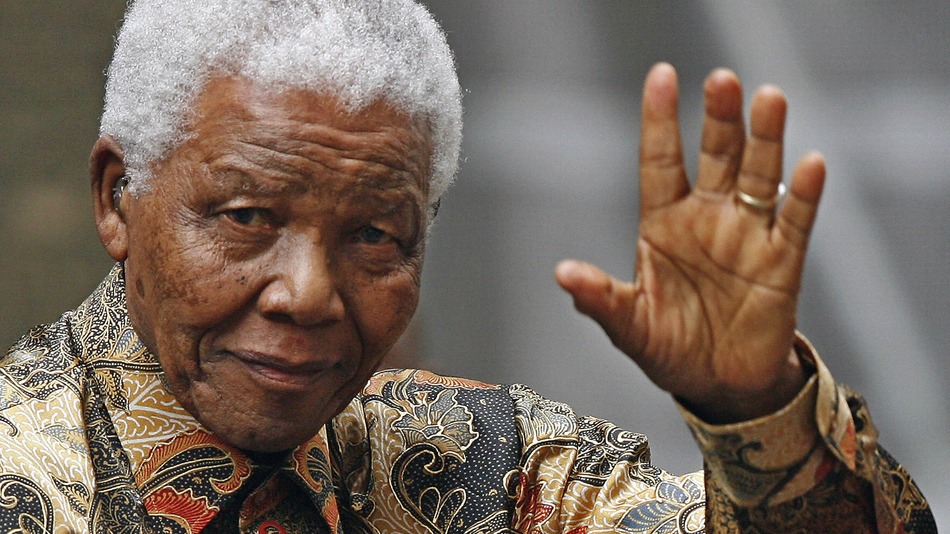
Mandela’s revolutionary work to end his country’s racial segregation system of apartheid led to his spending 27 years in prison beginning in 1963. After his 1990 release, he memorably noted, “The march toward freedom and justice is irreversible.” On Dec. 10, 1993, Mandela was awarded the Nobel Peace Prize, and after South Africa’s first democratic and multiracial election, he became the country’s first black president, serving from 1994 to 1999. After devoting his life to humanitarian causes, Mandela, 95, died at his Johannesburg home Dec. 5, 2013.
Following are comments by SMU scholars:
Jill E. Kelly
Professor of South African History
Dedman College
‘Madiba’: Beloved Revolutionary And Reconciler
As condolences and memories pour in from around the globe, one thing is clear. Madiba (his clan name, used to denote respect) has been an inspiration. But the reasons why Nelson Rolihlahla Mandela has inspired are multifaceted.
Jill E. KellyTo many, Mandela was a saint, a leader who reconciled and forgave, who negotiated a peaceful transition to democracy for South Africa. But to countless others, Mandela was also a revolutionary hero, a member of the youthful vanguard of the liberation struggle who recognized that the violence of apartheid would not end if not met with armed resistance. Before his incarceration, he traversed the African continent to garner support for an armed struggle against white minority rule in South Africa and trained in Ethiopia to lead the African National Congress’ military wing, Umkhonto we Sizwe (‘Spear of the Nation’).
The unwavering militancy and resistance of Mandela and his comrades served as an inspiration to anti-apartheid activists who took to the South African streets or left the country for military training. When the revolution in the townships and international pressure forced the end of apartheid, Mandela’s diplomacy inspired South Africans as they moved into a new democratic era.
Mandela was a tactical leader who chose revolution when it was required and negotiation when the time arose. He went from a revolutionary—or as some parts of the world deemed him, a ‘terrorist’ (the United States included him on its terrorist watch list until 2008)—to beloved international icon. Madiba has inspired as both revolutionary and reconciler.
While many fear what his passing might mean for a country still dealing with its history of colonialism and apartheid, those that do so fail to understand that it is not only his revolutionary and diplomatic life that inspires us. As long as South Africa’s constitution lives, so will Madiba.
— Jill E. Kelly is an assistant professor of history in SMU’s Dedman College of Humanities and Sciences; her expertise is in African / South African history.
Evelyn L. Parker
Professor of Practical Theology
Associate Dean for Academic Affairs
Perkins School of Theology
Mandela: A child of Methodist Church who reflected friendship, faith & faithfulness
The accomplishments of Nelson Mandela the activist, prisoner and president are numerous and quantifiable. His Christian beliefs of faith, hope and reconciliation, which influenced the people of South Africa, are unquantifiable. While I never had the opportunity to be in Mandela’s presence I know and have worked with a few South Africans who were his colleagues. My reflections focus on one of those people, Bishop Ivan Abrahams, who worked with Mandela and who embodies his ideals.
Evelyn L. ParkerI had the pleasure of working with Bishop Abrahams, now General Secretary of the World Methodist Council, as we served together on the World Council of Churches Central Committee from 2006–2013 during his tenure as Bishop of the Methodist Church of Southern Africa. Abrahams showed through his service on the Central Committee and its Executive Committee that justice must be consistently exemplified in every detail of life and work. He, like Mandela, modeled a seamless life of peace, justice and compassion for the least of these. I never heard him lament the brutal experiences of apartheid that he lived through. An unquieted strength shone forth in his service as rapporteur, peace advocate and prophetic speaker, as well as in his jovial fellowship.
In between meetings and plenaries, Abrahams would talk about his relationship with Mandela — how he as a Methodist never strayed from his commitments to the Methodist Church of Southern Africa. Mandela, whose childhood education was in Methodist schools, valued the importance of quality theological education that prepared church leaders for prophetic ministry. This commitment was concretized when Abrahams sought Mandela’s support to relocate the John Wesley College in Pretoria to Pietermaritzburg, SA. In 2004 Mandela joined Abrahams and other MCSA leaders to build a new seminary that would prepare leaders to serve the church and nation in 21st century South Africa. And in 2010 Seth Mokitimi Methodist Seminary opened its doors to students promoting the ideals embodied in it leaders: worship, piety, compassion and justice.
In the years ahead we will learn of the many ways Nelson Mandela influenced the lives of church leaders, young and old, who now embody his ideals. Praise be to God that Nelson’s ideals are Christian at their core.
— Evelyn L. Parker, is associate dean for Academic Affairs and Professor of Practical Theology at SMU Perkins School of Theology. She has led SMU students and others on educational trips to South Africa since 2008, and next scheduled seminar there will be in 2015.
William B. Lawrence
Professor of American Church History
Dean of SMU Perkins School of Theology
Nelson Mandela’s greatness revealed ‘profound personal integrity’ and moral leadership
When the annals of the 20th century are completed and sealed, only a few names will be included on the list of the greatest persons of the age. The brief roster will include Mahatma Gandhi and Mother Teresa, to be sure. Albert Einstein and Albert Schweitzer will make the list, of course. And, without question, Nelson Mandela.
William B. LawrenceSometimes such greatness is expressed in intellectual brilliance or public achievement. Always such greatness is a sign of profound personal integrity.
Mandela met all of those criteria and more. In an era when it is commonplace to think of one’s prime years as the decades for athletic prowess or artistic accomplishment or political acclaim, Mandela spent 27 years —which could have been the most productive of his life — as a prisoner of the state, because his integrity would permit him to do nothing else.
The system of apartheid in South Africa had imprisoned too many people for him to enjoy even a modest amount of personal freedom if the black residents of his native land remained constitutionally and systematically unfree. He stood resolutely against his adversaries. He demanded that all of the people feel freedom. He simply would not let the children in his native land suffer for another generation. He lifted his voice, he committed his life, and he sacrificed his years so that others could be free.
Then, as an even more magnificent sign of his greatness, Mandela did not seek condemnations of those who imprisoned him. Nor did he insist on recriminations against those who had vilified him. Instead, he stepped forward as a free man and accepted responsibility for presidential leadership in a nation he encouraged to be born again. He drew upon his faith and theological insights that shaped his soul as a child of the Methodist Church. (More about his Methodist ties.)
Mandela inspired the new South African government under his leadership to examine and expose the injustices of the past through a Commission on Truth and Reconciliation. He grasped the power in the words of Jesus — that we will know the truth and the truth will make us free. In this case, knowing the truth about the past in South Africa fostered the freedom to be reconciled to one another in the future of South Africa.
Though I never had the privilege of meeting President Mandela personally, I have had multiple opportunities to visit with two of his key colleagues in the liberation of South Africa. Both were princes of the Christian Church: former Bishop Peter Storey of the Methodist Church and Archbishop Desmond Tutu of the Anglican Church. With the vision provided by President Mandela, they helped their nation and the world surpass the system of hate and violence that had oppressed so many people for so long. The people of the world had to know the truth about the terrible decades of apartheid. The people of the world also had to move beyond knowing the truth and become reconciled to one another, in order that hope might become reality.
When Mandela emerged from his decades of imprisonment on Robben Island and elsewhere, he tasted freedom. When he took office as the President of South Africa, he opened a way for all the people of the nation to savor freedom. When he smiled and sang and danced in public gatherings, he showed how to enjoy freedom. With integrity and faith and grace and great joy, Nelson Mandela helped the world see the way beyond hate and division.
His final moment of greatness happened in the way he left us. He died in his own bed, of old age. He had outlasted, outlived, outmaneuvered, outwitted and out-believed all his enemies. He died in peace and left a gift of peace for the whole world.
— SMU Perkins School of Theology Dean William B. Lawrence is Professor of American Church History.
Rick Halperin
Director
SMU Embrey Human Rights Program
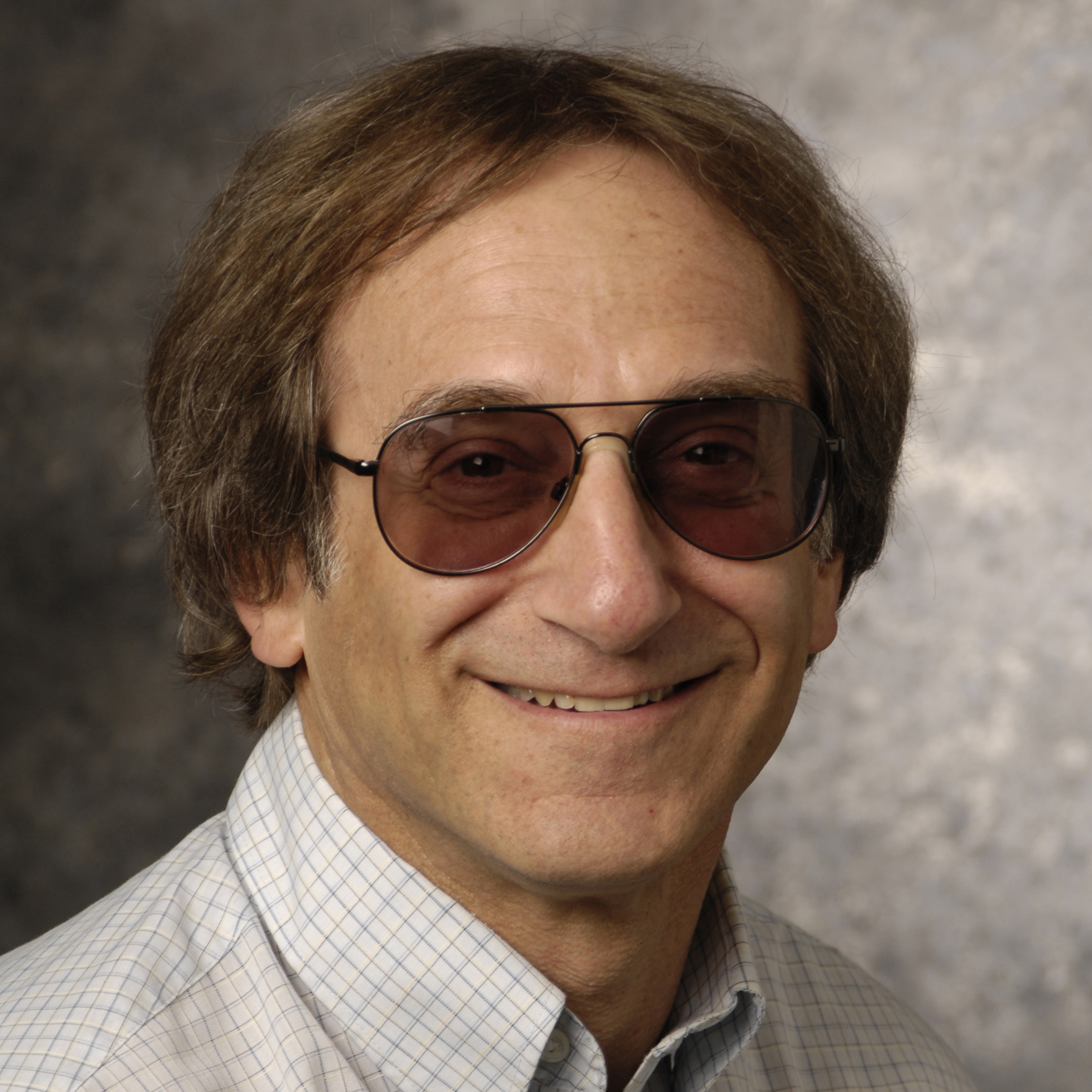 Rick Halperin |
In his quest to lead South Africa out of the horrors of apartheid, Nelson Mandela certainly symbolized the triumph of good over evil. But while some have likened him to Mahatma Gandhi, it should be remembered that those two men took very different approaches to seeking independence from their country’s oppressors.
Gandhi was a proponent of non-violent civil disobedience in helping India achieve independence from Britain. He went to prison and was released when the British could not conquer his pacifism. The fact that he was assassinated only accentuates his life of non-violence, making him an enduring inspiration to pacifists the world over.
Mandela went to prison for advocating violence to bring about change, and was left to watch from his prison cell as the world helped overthrow the regime he couldn’t topple through armed resistance. That he died peacefully in bed is in stark contrast to the ideology of violence he supported as a young activist.
What many don’t know about Mandela, however, is that he helped create one of the most progressive constitutions in the world—one fully committed to human rights. When ratified in 1996 after the country’s first non-racial elections, the constitution abolished the death penalty, guaranteed socio-economic and environmental protections, and upheld the right to human dignity, privacy, sexual orientation and more. That remains a remarkable accomplishment.
— Rick Halperin is director of the Embrey Human Rights Program in SMU’s Dedman College of Humanities and Sciences. He has served three times as board chair of Amnesty International USA.
Media Contact
Denise Gee
SMU News & Communications
dgee@smu.edu
214-768-7658
@SMUdenisegee
###
#20054-nr-dg-12/11/13

